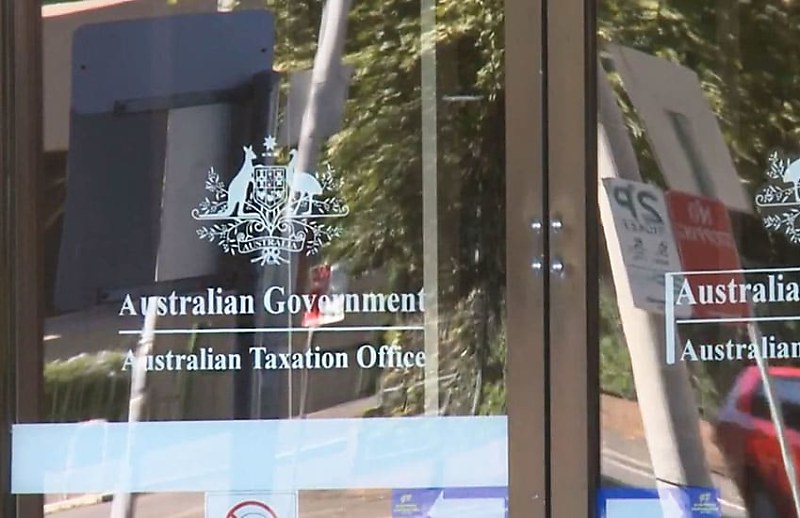The ATO has warned those voluntarily deregistering a company to ensure all of its tax and super obligations are met before the process is complete or risk incurring director penalties.
You’re out of free articles for this month
To continue reading the rest of this article, please log in.
Create free account to get unlimited news articles and more!
The Tax Office said those obligations included tax returns, activity statements, fringe benefits tax returns, taxable payments annual reports, and paying all outstanding debts.
Also needing finalisation were the company’s super affairs, including paying super guarantee amounts and charges, as well as end-of-year reporting, lodgements and other obligations if the company was part of a goods and services group, an income tax group, or a partner in a partnership.
The Tax Office warned that a failure to meet obligations before deregistration could leave company directors liable for debts that it would recover under the director penalty regime, including amounts owed from PAYG withholding, net GST (including luxury car tax and wine equalisation tax), and the super guarantee charge.
The ATO said once a company was deregistered it ceased to exist, which meant the office would stop paying refunds, interacting with the company, processing forms lodged after deregistration, and enabling reporting such as through STP.
The Tax Office said it would also cancel any tax forms received after deregistration, cancel the business's ABN as well as all registrations such as PAYG withholding and GST, and any links the company had to registered intermediaries.
If the company was deregistered by the Australian Securities Investments Commission (ASIC) those wanting to have the entity reinstated had to go back through the commission.
ASIC said this could involve requesting a firm’s reinstatement and meeting its criteria or applying to a court for an order that ASIC reinstate the company.
The ATO said once a company had been reinstated by ASIC it would be treated as if it had never been deregistered and lodgements made by the directors would be processed.
However, any lodgements made during the period of deregistration would need to be relodged by the company after reinstatement.
Josh Needs
AUTHOR
Josh Needs is a journalist at Accountants Daily and SMSF Adviser, which are the leading sources of news, strategy, and educational content for professionals in the accounting and SMSF sectors.
Josh studied journalism at the University of NSW and previously wrote news, feature articles and video reviews for Unsealed 4x4, a specialist offroad motoring website. Since joining the Momentum Media Team in 2022, Josh has written for Accountants Daily and SMSF Adviser.
You can email Josh on: This email address is being protected from spambots. You need JavaScript enabled to view it.

 Login
Login







